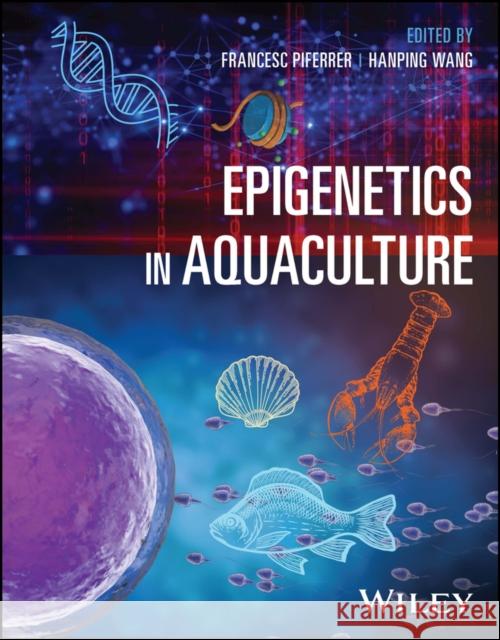Epigenetics in Aquaculture » książka
topmenu
Epigenetics in Aquaculture
ISBN-13: 9781119821915 / Angielski / Twarda / 2023 / 488 str.
Epigenetics in Aquaculture
ISBN-13: 9781119821915 / Angielski / Twarda / 2023 / 488 str.
cena promocyjna 810,81 zł
(netto: 772,20 VAT: 5%)
819,00 zł
Rabat: -1%
Najniższa cena z 30 dni: 795,38 zł
(netto: 772,20 VAT: 5%)
Rabat: -1%
Najniższa cena z 30 dni: 795,38 zł
Termin realizacji zamówienia:
1-3 dzień roboczy
1-3 dzień roboczy
Darmowa dostawa!
Zobacz inne książki w promocji: Książki naukowe
Kategorie:
Kategorie BISAC:
Wydawca:
John Wiley and Sons Ltd
Język:
Angielski
ISBN-13:
9781119821915
Rok wydania:
2023
Ilość stron:
488
Wymiary:
25.4 x 17.8
Oprawa:
Twarda
Dodatkowe informacje:
Bibliografia











